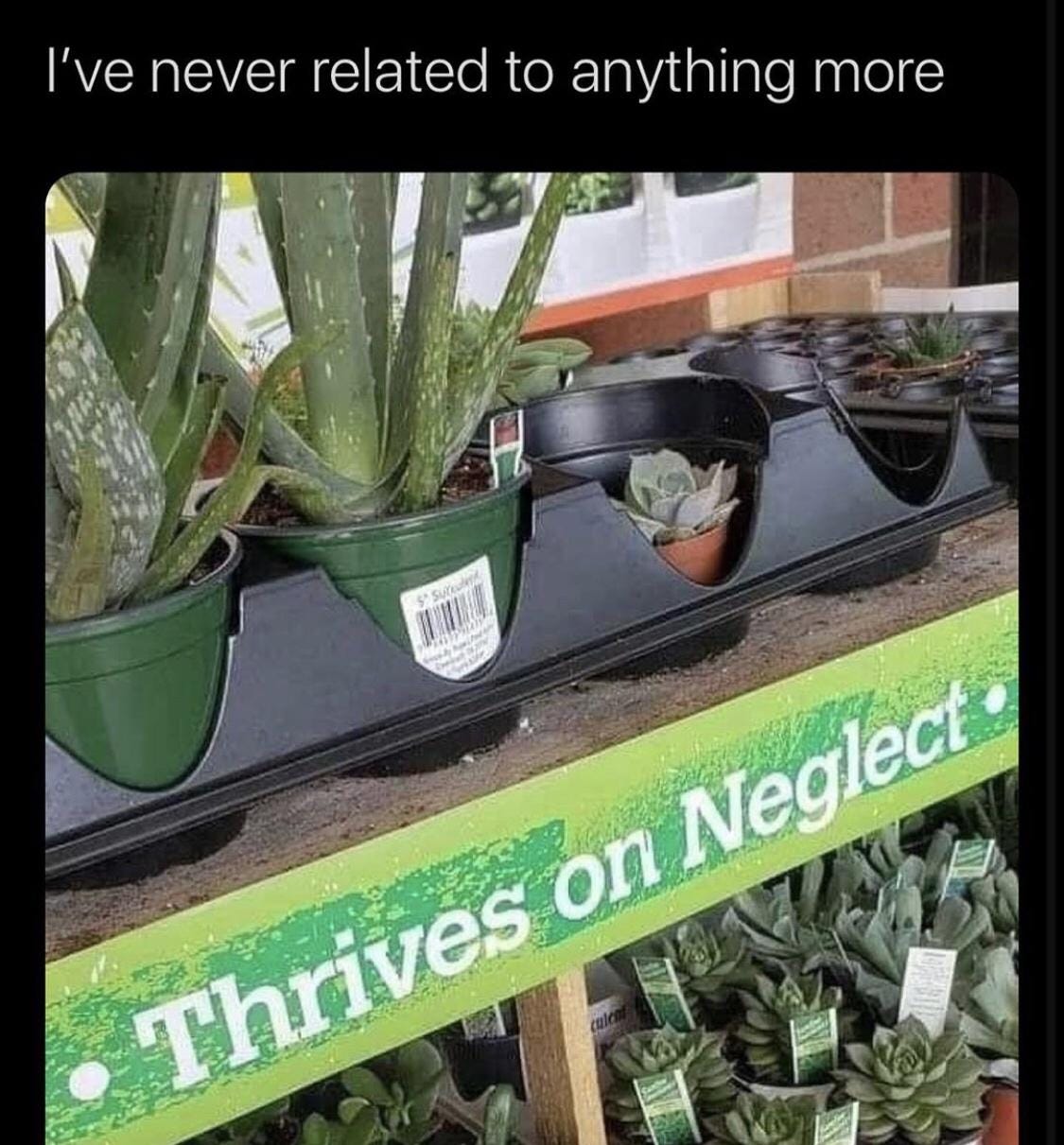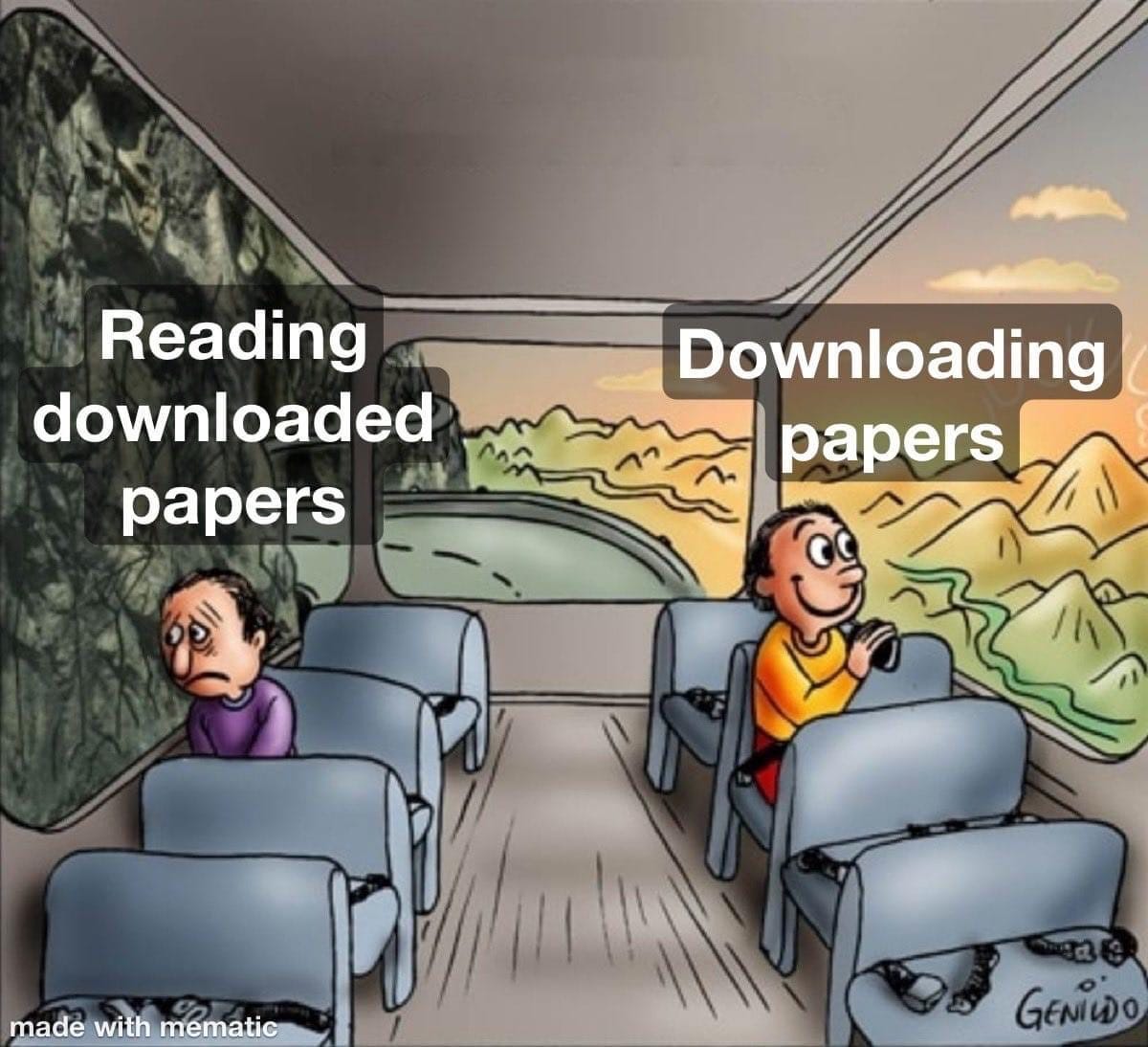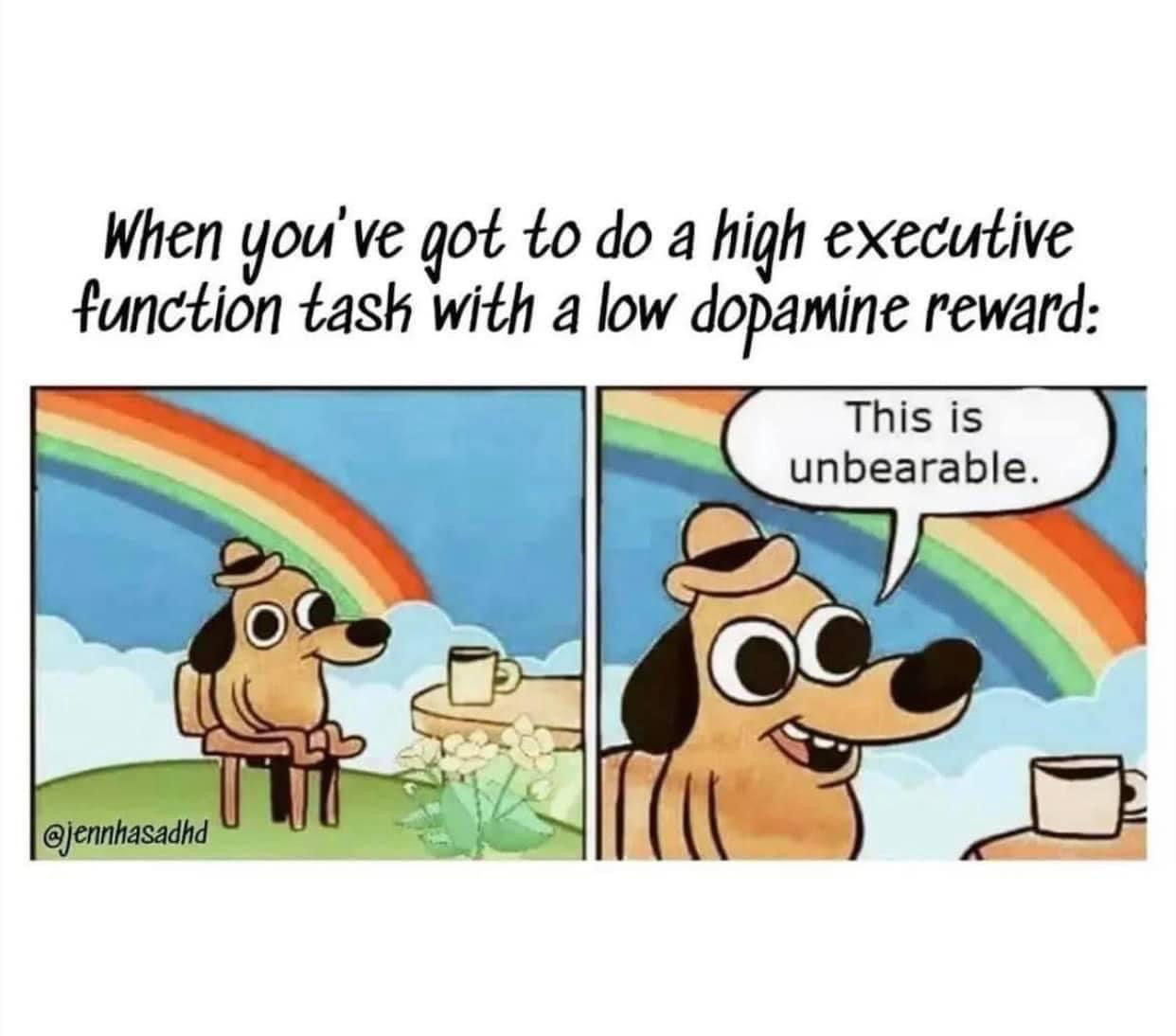Sharing my Harvard statement of intent (SOI)
Free and available for anyone interested in graduate school
ETA: Please note I am unavailable for additional application consultations or follow-up questions. Offering that kind of individualized service for some, but not all, would be antithetical to my intentions for making the application process more equitable for everyone. If you have found this free, public application valuable and would like to give back, you can buy me a coffee here. Thank you!
Another special installment this week, for anyone who may find a completed, successful application letter for graduate school useful.
As you have likely noticed, I’m very against the pay-to-play model of access that permeates our culture of work and education. IMO, there’s simply no reason to gatekeep examples of pitches or applications, especially when checking for plagiarism is a literal click away. So in a small act of support for those who are out there publicly sharing successful queries, pitches, application statements, cover letters, and the like—instead of trading them behind closed doors—here’s my recent statement of intent (SOI) to Harvard’s Graduate School of Education. Feel free to utilize this however it may help you, graduate school or otherwise.
A special thank you to my editors Risa Puno, Angela Bae, and Sharon Lee. I could not have done this without your support.
One final note: please send me your Boston area food and drink recommendations! I’ll be starting at HGSE this fall. Or if you’re in the Boston area, say hi!
Prompt:
Your background: what key experiences have contributed to your commitment to work in the field of education or with education-related issues.
Your objectives for graduate study: what are your academic and professional goals and what knowledge, skills, and tools are you hoping to develop through enrollment in a graduate program
Why HGSE, and why this specific Program (and Concentration, if relevant): why is enrollment at HGSE, and in this master’s Program and Concentration specifically, critical in helping you achieve your goals.
Statement of Intent:
Food tells us where we belong. At least, I know it did for me. As a first generation Chinese American, how I learned my place in the world in relationship to food: where I sat at the dinner table; who I could linger with during lunch at school; what flavors, textures, and appearances of food were acceptable and “good”—and in contrast, which ones were “foreign” or “different,” like me.
Like so many other immigrant children, the task of eating at school every day played out as a battleground. “Disgusting” is a word I can still feel crawling up my spine, hissed by others when I unscrewed my hot thermos. I spent the next few years begging, cajoling, then finally screaming and demanding, at my mother to cut the ties of my lunchbox with my cultural background. That it metamorphosize into Snackables instead. If my food was the indicator that I were different, then I was determined to change myself—by first changing what I ate.
That’s part of what drew to me professional cooking. If I could master food, how could it still harm me? Yet even in culinary school, where a love of food was the common denominator, I found myself back to where I started: a perpetual outsider. In this widespread learning environment where French is king, and white male chefs exalted as “singular visionaries…the sole architects of a restaurant’s greatness,” (1) I was relegated to be spoken over. My breath still catches when I recount how my chef-instructor taught a peer to make “Chinese” sweet and sour sauce with a can of ketchup. I can still feel the gruff texture of my instructor’s voice when he says, “The best Chinese chef I know told me this is the secret to all your food.” My heart twinges in anticipation of the hurt a younger version of me is about to feel; I want to reach out for her, and promise her things will change. I will make them change, even if by a fraction.
That’s what brought me to HGSE: I believe it’s critical to build a different food education that challenges the notion that our relationship with food is just one of physical need. Take a close look at how we eat, and it reveals hidden parts of who we are: what people we are apt to judge, what skills we tend to deem valuable, what narratives we are committed to believing. Yet right now, we are repeatedly inhibiting the next generation’s capacity to understand the very foundation of our society by not integrating the role of food history and politics into our education systems.
Food is a pivotal part of our lived experience because its unspoken rules—of what, how, when, why we eat—are real-world manifestations of how we practice our philosophies on societal relationships. Our ideas around social hierarchy, the development and enforcement of our laws, and the design of our economic systems gain significant nuance when approached through the lens of food. For example, the book Philosophers At Table reveal that the 1900s movement to standardize and rationalize cooking tools and processes was not just about improving efficiency in the kitchen: soon, “such thinking [about what is ‘correct’ in relation to cooking and eating] was also deployed to straighten out the defective food habits immigrants brought with them.”
Food exposes the messy quandary that is U.S. history: Like how changing mainstream tastes, immigration policy, and white supremacy resulted in ironies like 19th century Chinese restaurants being lauded as some of the best in the country (2) while they simultaneously struggled to survive a public relations effort to shut them down (3), and persist after the passing of the 1882 Chinese Exclusion Act. Or how our deeply-held beliefs of manifest destiny, American exceptionalism, and paternalism has reshaped our globe: from destroying Indigenous food supply in the plains (4), and the ongoing golden rice debate (5), to the alliance between CPGs and food pantries (6). Food and our relationship to it is not some abstraction about our society—but the very basis of it.
I am applying as a Masters of Education candidate in the Education Leadership, Organizations, and Entrepreneurship program (with a concentration in Identity, Power, and Justice in Education) so I can fulfill a larger purpose to revolutionize how we understand food, through mass education and policy reform. I see HGSE as the natural bridge between my background as a chef and my career as a nonprofit leader, and I believe I can further HGSE’s commitment to equity in education by widening the perspective in which we teach food politics to youth and adults alike. Ultimately, I aim to further transform this education into policy change by integrating food justice into the infrastructure of future legislative decisions.
I know HGSE will give me important tools I need to advocate for a scalable, holistic food education in culinary schools, K-12 humanities curriculums, and beyond. Nuanced education about our food systems is necessary to establish its parallels in other facets of our society. For example, how foodservice and agricultural labor, with deep roots in slavery, are deemed “low-skill” trades to rationalize the exploitation of poor BIPOC and workers in the Global South. The ways in which we spread this type of knowledge shape public opinion on everything from universal basic income to immigration law, and it is our responsibility as educators to make it available for all.
But education itself is also not enough. Food politics cannot be divorced from “actual” politics, and the pressing need to use education to affect outcomes is the reason I want to learn in an environment like HGSE. I greatly admire the roster of academic leadership the school offers; senior faculty like Karen Mapp and Timothy McCarthy, associate professors like Gabrielle Oliveira, and senior lecturers like Josephine Kim, show the school’s dedication to integrating real-world dynamisms with a cross-cultural, impact-forward curriculum. With programs like the HGSE Equity and Inclusion Fellows, I can also see that HGSE is actively invested in building equitable systems that reallocate power and resist problematic, pedagogical ideas of the past for a more fruitful future.
To date, we have put much of our food and related policy into the hands of those with everything to gain from the world staying static. I founded my nonprofit community think tank, Studio ATAO, specifically as a rejection of the paternalistic approach that has dictated much of how our society makes key decisions. Our methodology is to construct solutions based on the recommendations of those most affected—not just those with influence and good intentions. Our first initiative, Equitable Representation in Food Media (7), educated the industry on how tokenism appears within media, and championed the suggestions of those historically ignored by those in power. These solutions have changed the trajectory of the industry—from to multiple organizations creating their first-ever DEI Style Guide, to Eater’s editor-in-chief opening up her calendar to support emerging writers (while publicly attributing it to our work) (8), and making our toolkits required reading for her entire organization. And I know that is just the beginning.
I am energized by HGSE’s emphasis on participatory action, and its challenge to students to realize real-world impact. In addition to the classroom, I know my time learning with, and from, my diverse HGSE peers will deepen my work in ways I cannot yet anticipate. To start, Studio ATAO’s 2022-23 initiative, The Neighborhood’s Table (9), will be tackling the widespread issue of gentrification through the lens of hospitality. Despite hospitality being such a formative indicator in many people’s minds of gentrification, how it intersects with neighborhood development has gone largely ignored in the discourse on urban planning and housing policy. I believe adding this unique point of view can shed light on what a responsible business development framework for this ongoing crisis can be, and spur coalition-building between small businesses, advocates, and community members in new ways. I am incredibly eager to collaborate with my HGSE classmates to incorporate their ideas into iterations of our research, while offering our learnings to support their own important initiatives.
As the 2010 documentary Food, Inc. closes with, “You can vote to change [our current system], three times a day.” Beyond deliberating my food choices, I want to play my part to develop new curriculums with food justice as an axel for both educators and students to envision a different future, and change our political systems to adequately consider the underpinnings of food, identity, and social justice. Fundamentally, food is what reminds us that we are human. Messy, complex, and always in relationship with one another. Just as the tenets of transformative justice (10) advocate for presence, not absence, “of the values, practices, relationships and world that we want,” I want to build a future where food is not absent of its complicated political implications, but able to display it in sharp relief. And it is that passion and conviction for change that I know I can bring to HGSE, one meal at a time.
Sources:
1 Twilight of the Imperial Chef – The New York Times
2 Why Do Fast Casual Restaurants Get A Pass On Appropriation? – Eater
3 The Plan to Kill the Chinese Restaurant – Proof from America’s Test Kitchen
4 ‘Kill Every Buffalo You Can! Every Buffalo Dead Is an Indian Gone’ – The Atlantic
5 Genetically Modified Organisms: The Golden Rice Debate – NYU
6 Food Banks Feed People, Why Don’t They Fight Hunger? – The Counter
7 Equitable Representation in Food Media – Studio ATAO
8 Holding Ourselves As Food Media Accountable – Eater
9 The Neighborhood’s Table – Studio ATAO
10 Transformative Justice: A Brief Description – Transform Harm
Weekly Meme Roundup

Personal Things From The Last Few Weeks
Listening to: Nothing. I’m in a music rut. Send help.
Watching: Somehow managed through 3/4 of the total clusterf*ck that is District 9. (What the actual hell? How did this movie receive Oscar nominations?!) Luckily, was able to watch Everything Everywhere All At Once in theaters to counterbalance my melting brain, and wow was that…just something else. (In all the good ways! If I had to describe its premise in one sentence, I would say it’s ultimately a movie about balancing how to protect yourself while also loving others.)
(Still) Reading: Time is a Mother by Ocean Vuong
Eating: Made a big batch o’ Rancho Gordo beans, thanks to my friend Angela
Drinking: Back to coconut water these days for the hot LA weather
Nice thing I did for myself: Been much more stringent about shutting down my computer at night!





